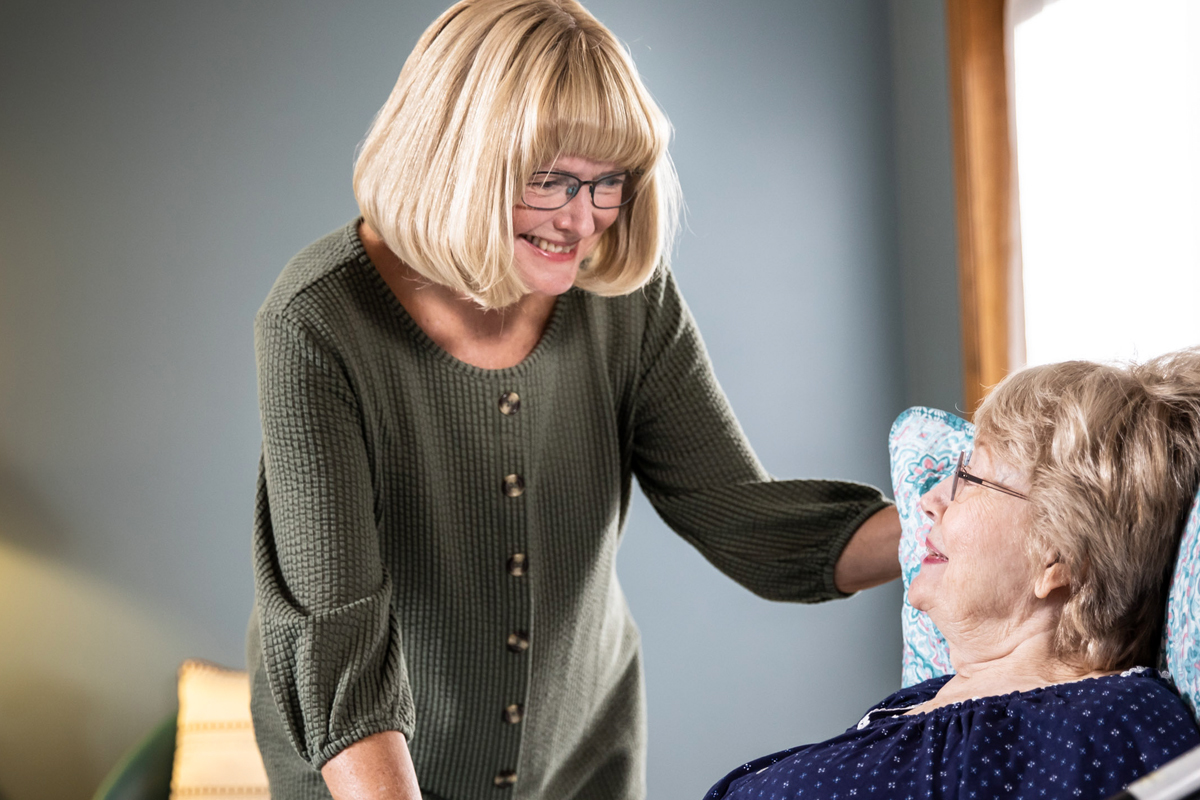
By R Mc Anay
In the quiet corners of our homes, away from the spotlight, there exists a silent army of caregivers. These are the women who dedicate their lives to tending to the needs of their loved ones, often at the expense of their own dreams and aspirations. Their selflessness is both inspiring and heartbreaking, yet their plight remains largely invisible.
The Woman Who Cares 24/7
Meet Mary. She is not a celebrity or a high-powered executive. She is an ordinary woman, a mother, and a caregiver. Her son, John, is disabled, requiring round-the-clock attention. Mary’s life revolves around his needs—feeding, bathing, administering medication, and providing emotional support. She is the unsung hero who ensures John’s well-being, sacrificing her own career and personal ambitions.
The Struggle for Recognition
Mary’s story is not unique. Across the country, countless women silently bear the burden of caregiving. Yet, their contributions often go unnoticed. Why? Because we live in a world where traditional gender roles persist, and caregiving is still considered a woman’s duty. The feminist movement, which once promised liberation and equality, seems to have faltered in addressing this fundamental injustice.
The Wake-Up Call
In our woke cities, where hashtags trend and social justice warriors rally, Mary’s struggle remains unacknowledged. Political parties, too, have failed her. The National Women’s Council of Ireland, an organization meant to champion women’s rights, shockingly dismisses caregivers like Mary as “not fit for purpose.” But what purpose, we must ask, excludes the tireless devotion of a mother caring for her disabled child?
A Call to Action
It’s time to shift our focus. Let’s move beyond debates about abstract concepts of womanhood and delve into the heart of the matter. Dehumanization is the real enemy here—the subtle erosion of Mary’s identity as a woman, mother, and caregiver. We don’t need thick definitions; we need compassion and recognition.
The Political Landscape Shift
And here’s where the story takes an unexpected turn. Enter Senator Gerard Cragwell, an independent voice in the political arena. He listened to Mary’s plea, not as a statistic, but as a fellow human being. His impassioned speech on the Senate floor resonated with many—a call for empathy, for recognizing the silent sacrifices of caregivers.
- But Senator Cragwell was not alone. Aontú Peadar Tóibín, a rising star from the grassroots, stood by Mary’s side. She challenged the status quo, demanding that caregiving be acknowledged as essential work. Her unwavering commitment to justice shook the corridors of power.
And then came the Barrastor, a seasoned politician with a heart. He defied party lines, urging his colleagues to see beyond bureaucracy and statistics. “Mary is not just a caregiver,” he declared. “She is the backbone of our society.”
Finally, Senator Michael McDowell , a man of few words but immense integrity, cast the deciding vote and that changed public opinion.So that the carer’s allowance could be increased, not as charity, but as a rightful acknowledgment of Mary’s contribution.
The Ripple Effect
The referendum loomed, and the major parties squirmed. They had turned their backs on Mary, refusing to release legal opinions. But the people were awake. They saw Mary’s face, heard her story, and rallied. The referendum passed, and caregiving was no longer invisible.
These three politicians changed the political landscape forever. They reminded us that compassion transcends party lines, that dignity knows no ideology. Mary became a symbol—a beacon for all caregivers. And in the wake of their actions, Ireland shifted, not just politically, but morally.
So, dear reader, let’s honor Mary and all the unsung heroes. Let’s rewrite the narrative, celebrating their heroism and demanding justice. Because Mary is not just a caregiver; she is a woman—a force to be reckoned with.
Remember, this battle is not just for Mary—it’s for all of us.
